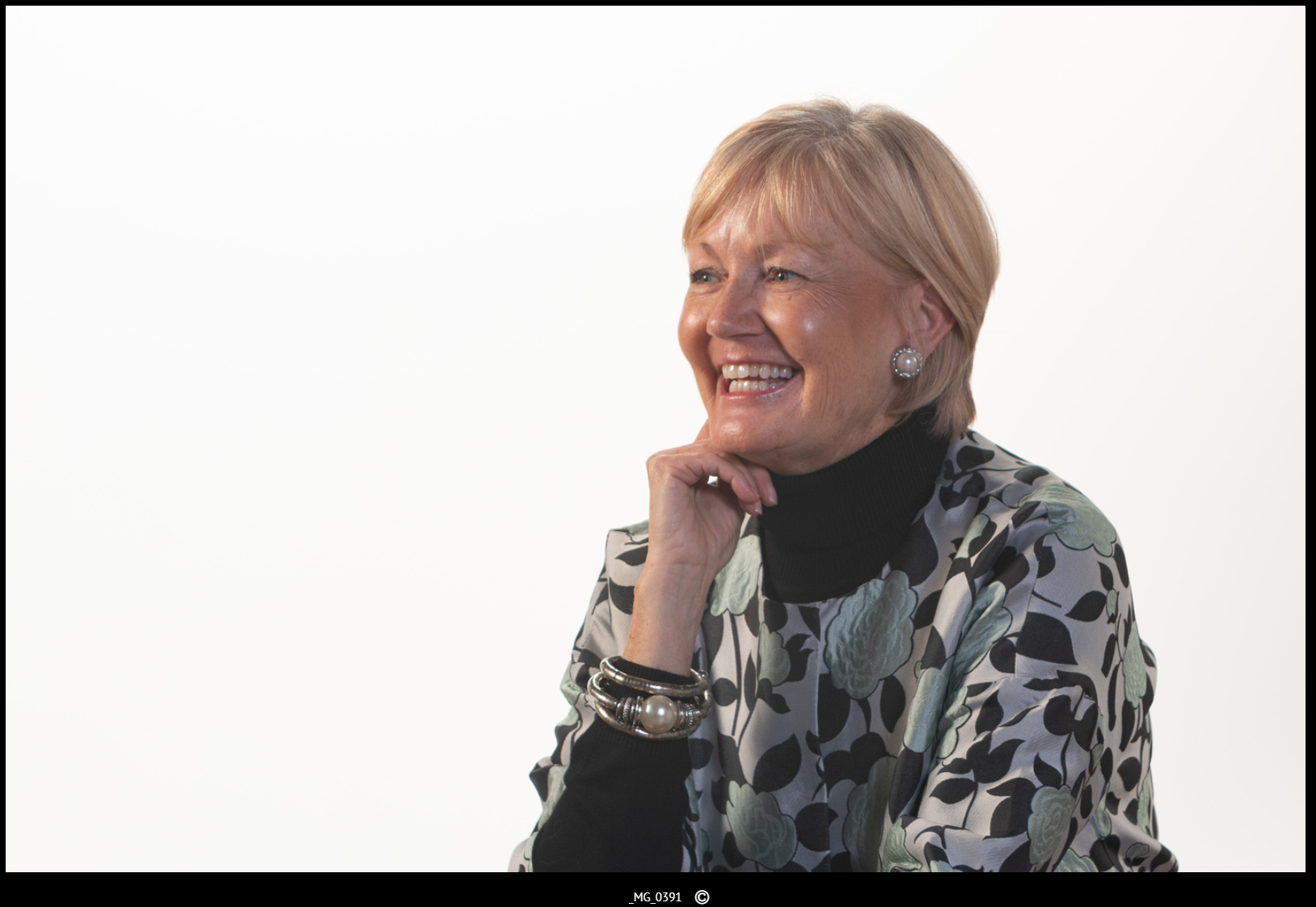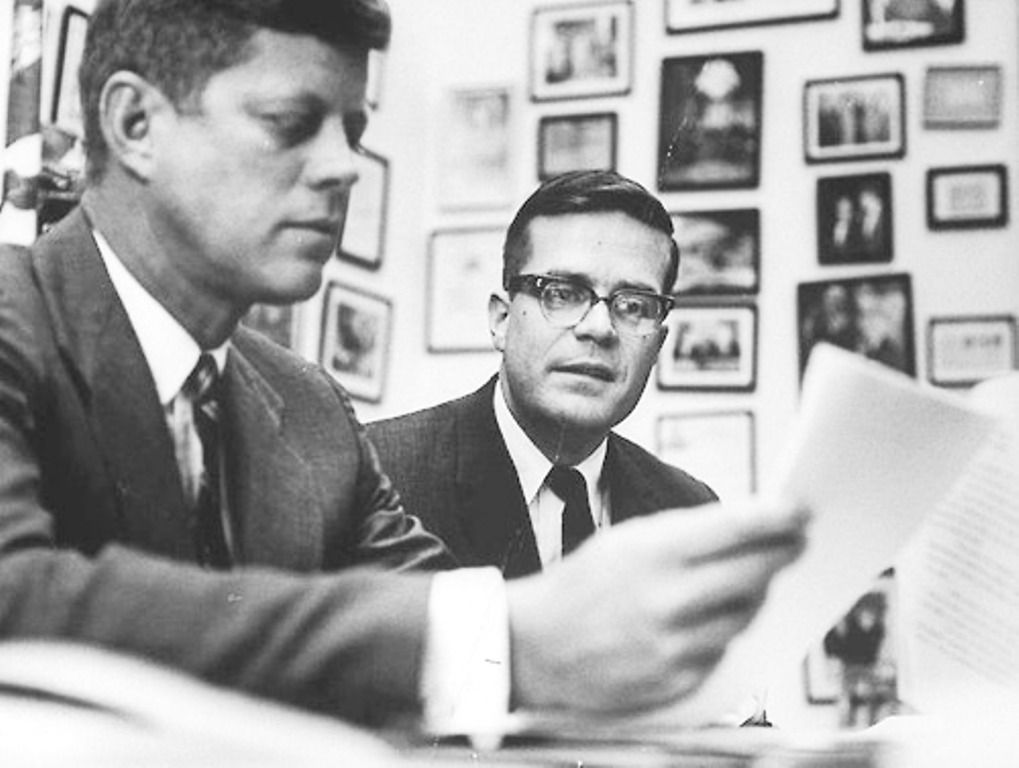Removed from the menace of groupthink, CEOs begin to get the message “right”
June 24, 2020
The back porch response of corporate America to Black Lives Matter: Leaders benefit by being surrounded by spouses, sons and daughters—not flunkies and fawners.
We’ve been at home for a while now, and it’s beginning to show. Not just in the obvious indicators—hair that needs cutting and touching up, wardrobes heavy on shorts and sweatpants, Zoom-bleary eyes.
Being at home is proving to be an equalizer, even for executives used to long hours in corporate towers. Like us, they are loading the dishwasher, walking dogs, mowing lawns and making decisions outside the echo chamber of board rooms and corner offices.
And I believe in this highly charged, high-stakes time of black racial justice, sparked by the death of George Floyd and countless others, there’s no better place for senior leaders and decision makers to be.
My theory has nothing to do with safety, security or social distancing. It is about home court advantage, the upside of downtime and being surrounded by spouses, sons and daughters—not flunkies and fawners.
Time will be the judge of course, but it seems to me that conscientious CEOs and corporations are reacting rather well to the Black Lives Matter movement and protests. There have been—and will continue to be—missteps and disconnects: CrossFit CEO Greg Glassman’s resignation after offensive tweets about George Floyd and the coronavirus. The Philadelphia Inquirer senior editor stepping down after publishing the headline “Buildings Matter, Too.” Chest-thumping corporate pronouncements of support that are woefully out-of-sync with corporate practices.
But there has been a lot of good, too. And the good stuff seems less branded, stilted and staged since we’ve been home. We’ve seen executives like Reddit’s Alexis Ohanian resign their top posts, not in shame but to pave the way for black candidates and board diversity. Coca-Cola putting its might behind legislative action to advance hate-crime law. The Business Roundtable forming a committee (overdue, but a move in the right direction) to advance racial equality and justice solutions.
We’re tallying up the millions pledged to social justice organizations like the NAACP, the Center for Policing Equity, National Urban League and the Leadership Conference for Civil and Urban Rights. We’re encouraged by announcements by IBM, Amazon and Microsoft to cease facial recognition software development. And we’re hearing heart-felt messages, emotionally and sincerely delivered, by CEOs like Verizon’s Hans Vestberg, who began by simply saying “It’s hard to get the words right.”
So very hard. And perhaps unnecessary. Because for too many years and corporate quarters we’ve struggled over the just “right” words, neatly, slickly packaged—without getting anything truly “right.”
Until we came home.
A book I turn to often, and have gifted to several CEOs I’ve worked with, is Business as a Calling—Work and the Examined Life, by theologian, journalist and diplomat Michael Novak. I reached for it again recently and happened upon this quote: “Like other forms of justice and love, social justice begins at home. Yet its ultimate focus is on the whole of the human city: the civilization of freedom, justice, and mutual respect.”
Justice begins at home. Sounds sort of like Mr. Rogers, doesn’t it? Something he would say after hanging up his blazer, zipping up his cardigan and swapping loafers for sneakers. Justice begins at home. Something so fundamental a child could understand. And yet …
Perhaps that is what we’re doing now. Perhaps we have crossed the threshold between business and home, shed our business persona and entered the realm of familiar and en famille. A place to be yourself—and to check yourself.
Because no one will call you out like family. You can be the big cheese in the office, but if your ideas and initiatives stink like ripe Limburger, your wife and kids are going to hold their noses and hose you down good.
As much as they love you (because they love you so much) they are not going to tolerate drivel, defensiveness, jargon or platitudes. They won’t stand behind you like a Greek chorus of suits. They’re going to challenge you—like nobody’s business, let alone your business.
Sitting across the dinner table from your quarantined Gen Y, Gen Z and Gen Next offspring is more grueling than the most contentious shareholder meeting. Because our children are the ultimate shareholders, inheritors of what we leave behind, not in bank accounts or options, but in an ethical, eternal accounting of actions and inaction.
They’ve returned home from college dorms, furloughed jobs and internships abroad.
They’ve been marching (with masks). And, thanks to youthful idealism, liberal arts education and exposure to divergent views and voices, they are ready to unmask you, the all-powerful, parental Poohbah. With tough questions. Tender hearts. Testy, cogent examinations of institutional issues of inequality, racism, bias in the workplace and systemic disparities.
They want to know what you are doing to make the world better, safer, more equitable and just. And pass the potatoes, please.
They’re holding your feet to the fire in terms of what you and your company are doing in the areas of diversity, inclusion, hiring and recruitment, support of social causes, community engagement and outreach. And while eradicating racism may seem well above your executive pay grade, your kids (despite their show of sass and scorn) still believe you can slay dragons.
And let’s not forget the little ones, your grade school children and grandkids—not quite old enough for the dinner table debate, but perceptive enough to ask about what they’re seeing and hearing—and the wounded, wide-eyed “why?” behind it all. Until now, the interview CEOs feared most was a 60 Minutes grilling.
Crises of conscience require reflection, not deflection. Controversy at the office gets under your skin. Product recalls, cybersecurity breaches, employee misconduct and environment violations are uncomfortable and prickly. But organizations have plans in place for those, plans they rehearse and responses they review and commit to memory (or hefty message binders).
There is no handbook for dealing with the aftermath of George Floyd’s caught-on-camera execution. There’s no posse of consultants you can fly in for this one.
You’re on your own—literally and figuratively. Pre-Covid, you would have dealt with crises by assembling your A-team and activating a war room. You’d be surrounded by lawyers, HR leads, PR pros and outside advisors.
Now you’re on your back porch, taking calls and Zoom meetings. But essentially (and existentially), you are communing with your conscience. And in these unprecedented times, that is probably a good thing and a graceful pause.
For the most part, the statements I’ve seen have been strong, sure and refreshingly unqualified. Just a hunch, but if we had been together in corporate headquarters, drafting responses by committee and running them through the Cuisinart of legal review, I believe we’d be seeing tepid, timid, measured proclamations. (And this from someone whose livelihood is linked to the scripting and coaching process.)
Even with social distancing, conversations and consultation are happening. No one seems to have gone rogue. But we’ve removed the menace of groupthink. The virtual conversations I’ve been privy to feel more about collaboration, less about conformity. There’s debate and pushback, of course, but less about why an organization can’t do or say something; more about why not and why the hell haven’t we already?
Where you stand depends on where you sit. Corner offices are, by definition, linear, best suited to linear thinking. Until May 25, that straight-edged, pragmatic way of reasoning worked just fine, and you have the results, earnings and accolades to prove it. All that has changed. Perhaps not forever—but for the good.
Now is the time for reflection and soul searching, blue sky thinking that is best done in the proximity of blue skies, not fluorescent lighting.
Sure, being quarantined at home can be maddening. It can be meditative, too. Think about it: You get to gaze out the kitchen window and ponder what comes next. Listen to music. Hug your loved ones.
And you can cry. Because this is a season of heartache and raw emotion.
Being on the back porch is a good place to be right now. A place to ground ourselves while being grounded. A place to look inward, think expansively and do the work that makes our larger, connected communities better.
So welcome home. The place where justice—and trust us—begins.




